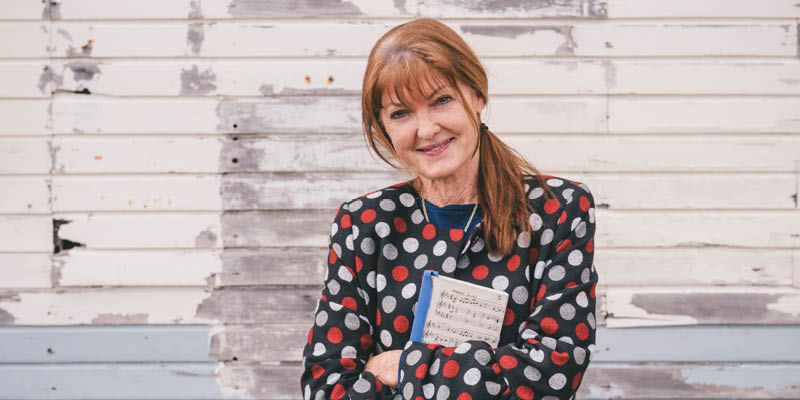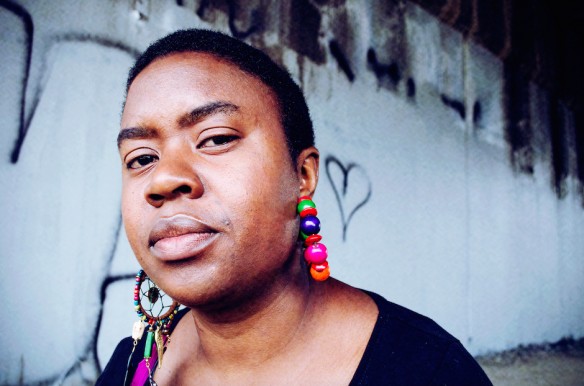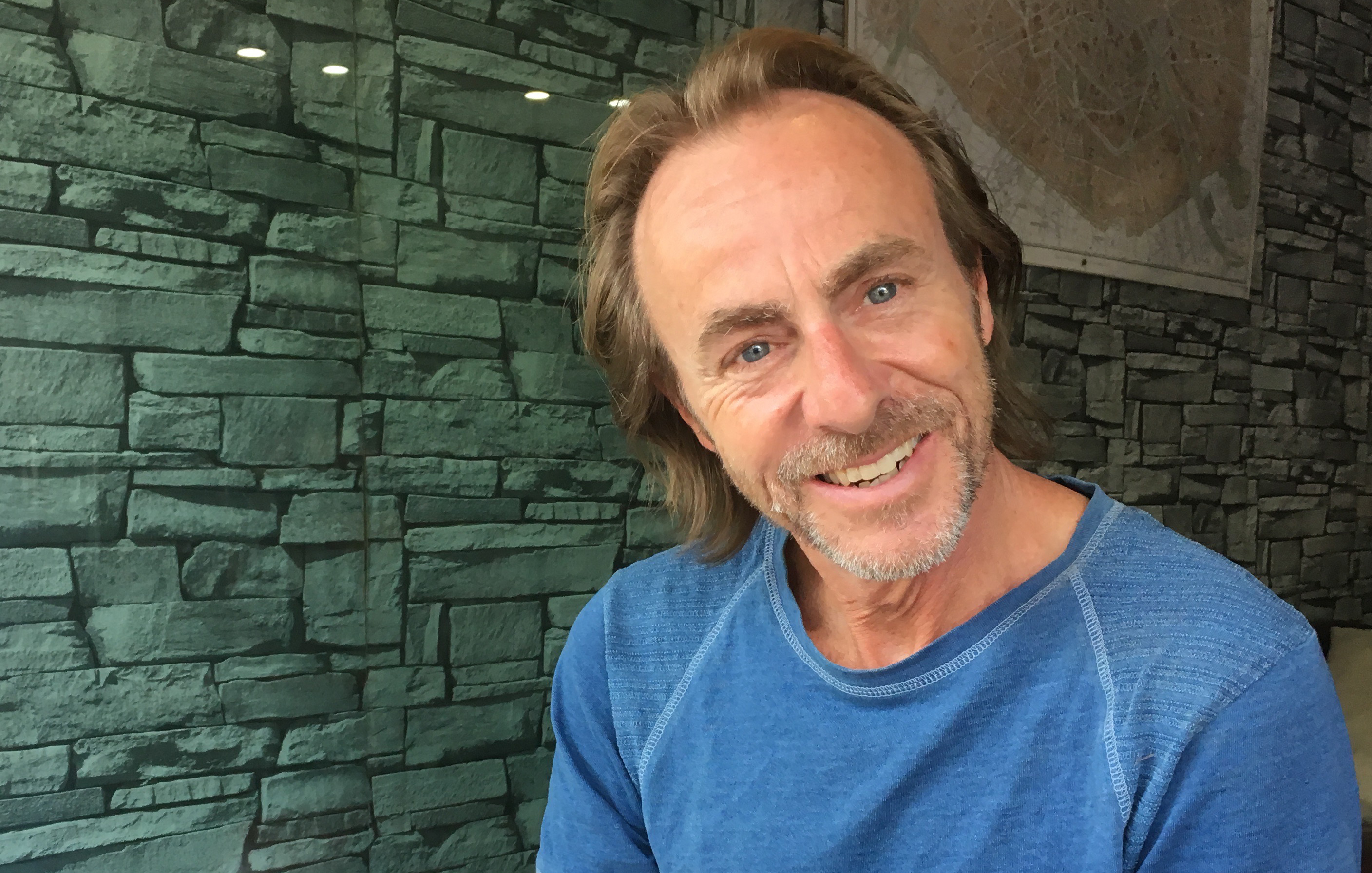BLAKE POETRY PRIZE 2017
The Blake Poetry Prize challenges Australian poets to explore the spiritual and religious in a new work of 100 lines or less.
From 2017 Liverpool City Library, in partnership with Casula Powerhouse Arts Centre, will deliver The Blake Poetry Prize as a biennial event. Liverpool City Library and Casula Powerhouse Arts Centre will maintain the guiding principles of The Blake Poetry Prize in continuing to engage contemporary poets, both national and international, in conversations concerning faith, spirituality, religion, hope, humanity, social justice, belief and non-belief. The Blake Poetry Prize is an aesthetic means of exploring the wider experience of spirituality with the visionary imagining of contemporary poets.
The Blake Prize takes its name from William Blake, a poet and artist of undoubted genius, who integrated religious and artistic content in his work. The Blake Poetry Prize challenges contemporary poets of disparate styles to explore the spiritual and religious in a new work of 100 lines or less. The Blake Poetry Prize is strictly non-sectarian. The entries are not restricted to works related to any faith or any artistic style, but all poems entered must have a recognisable religious or spiritual integrity.
The Blake Poetry Prize amount is $5000.
2017 Blake Poetry Prize Winner: Julie Watts

The winner of the prestigious 2017 Blake Poetry Prize was announced at Casula Powerhouse Arts Centre, with West Australian Julie Watts taking out the $5000 prize for her poem The Story of Julian who will never know we loved him.
Julie Watts has been published in various journals and anthologies including Westerly, Australian Poetry Anthology and Australian Love Poems 2013. Her first collection of poetry, Honey & Hemlock, was published by Sunline Press in 2013.
“Julie Watts’ poem is nothing short of brilliant. The religious and spiritual integrity that shines through her writing is exemplary of what the Blake Poetry Prize is all about, and we couldn’t be more excited to co-present this incredible achievement. Bravo!” said CPAC Director Craig Donarski.
“The Blake Poetry Prize challenges poets to explore themes such as faith, spirituality, religion, hope, humanity, social justice, belief and non-belief. The Prize starts an important conversation about who we are as human beings,” said Liverpool Mayor Wendy Waller.
The judging panel consisted of three high-profile, accomplished writers, including award-winning author Maxine Beneba Clarke; winner of the prestigious 2017 Windham-Campbell Prize Ali Cobby Eckermann, and the winner of the inaugural Blake Poetry Prize Mark Tredinnick. They said “In The Story of Julian who will never know we loved him, the hierarchy of society is untangled in a moment allowing a glimpse into compassion and thought; a sliver of the everyday dialogue, rewritten as a reminder to us all.”
Read 'The Story of Julian who will never know we loved him'
Judges' Commentary: Winning entry
For media enquiries and hi-res photographs, please contact Genvin In (genvin@cardinalspin.com.au / 02 8065 7363)
Photography by Andrew Burns
2017 Blake Poetry Prize
Highly Commended & Shortlisted Entries
In judging the Blake Prize, the judges stated they were “looking for poetry that was well made, fully achieved, strong and clear and enchanting in language, musical and spiritually intelligent, finished, striking and wise, fresh in perception, deeply humane in its understandings, and open to the world beyond the merely human. All poems on the 2017 Blake Poetry Prize shortlist revealed these worlds.”
HIGHLY COMMENDED
The Engine Room by Libby Hart
Judges' Commentary: Highly commended entry
*********************************************************
SHORTLISTED ENTRIES
Ruth’s Sisters by Alice Allan
A Poet’s Age-Old Lament by Davoren Howard
What Happens by Stephen Denham
Agatha by Libby Hart
Memory after Memory by Chris Lynch
Winter, Seed-Time, Harvest by Frances Olive
Caravaggio’s “Crucifixion of Peter” by Kim Waters
Judges' Commentary: Short-listed entries
Meet the Judges
 Maxine Beneba Clarke is a widely published Australian writer of Afro-Caribbean descent and the author of the poetry collections Gil Scott Heron Is on Parole and Nothing Here Needs Fixing. Maxine’s short fiction, non-fiction and poetry have been published in numerous publications including Overland, The Age, Meanjin, The Saturday Paper and The Big Issue. Maxine’s memoir The Hate Race and her first children’s picture book The Patchwork Bike were published in 2016. Her collection Carrying The World won the 2017 Victorian Premier’s Literary Award prize for poetry.
Maxine Beneba Clarke is a widely published Australian writer of Afro-Caribbean descent and the author of the poetry collections Gil Scott Heron Is on Parole and Nothing Here Needs Fixing. Maxine’s short fiction, non-fiction and poetry have been published in numerous publications including Overland, The Age, Meanjin, The Saturday Paper and The Big Issue. Maxine’s memoir The Hate Race and her first children’s picture book The Patchwork Bike were published in 2016. Her collection Carrying The World won the 2017 Victorian Premier’s Literary Award prize for poetry.
 Ali Cobby Eckermann is the author of the poetry collections Little Bit Long Time and Inside My Mother and the memoir Too Afraid to Cry. Her verse novel, Ruby Moonlight, won the Kuril Dhagun Indigenous Writing Fellowship, the Kenneth Slessor Prize for Poetry and was awarded the Book of the Year at the NSW Premier’s Literary Awards in 2013. Ali was born on Kaurna Country, and grew up on Ngadjuri country South Australia and her mob is Yankunytjatjara from northwest South Australia. In 2017, Ali received one of the world’s richest literary awards, the Windham-Campbell Prize, administered by Yale University.
Ali Cobby Eckermann is the author of the poetry collections Little Bit Long Time and Inside My Mother and the memoir Too Afraid to Cry. Her verse novel, Ruby Moonlight, won the Kuril Dhagun Indigenous Writing Fellowship, the Kenneth Slessor Prize for Poetry and was awarded the Book of the Year at the NSW Premier’s Literary Awards in 2013. Ali was born on Kaurna Country, and grew up on Ngadjuri country South Australia and her mob is Yankunytjatjara from northwest South Australia. In 2017, Ali received one of the world’s richest literary awards, the Windham-Campbell Prize, administered by Yale University.
 Mark Tredinnick, winner of the Montreal Poetry Prize (2011) and the Cardiff Poetry Prize (2012), is the author of The Blue Plateau, Fire Diary, and nine other acclaimed works of poetry and prose. Mark won the inaugural Blake Prize for Poetry in 2009. His work has also won the Queensland and WA Premier’s Literary Awards, and been shortlisted for the Prime Minister’s Literary Award. In 2016, Mark won the Australian Catholic University’s Poetry Prize for his poem The Horse. Two new collections of Mark’s poems will be published in 2017.
Mark Tredinnick, winner of the Montreal Poetry Prize (2011) and the Cardiff Poetry Prize (2012), is the author of The Blue Plateau, Fire Diary, and nine other acclaimed works of poetry and prose. Mark won the inaugural Blake Prize for Poetry in 2009. His work has also won the Queensland and WA Premier’s Literary Awards, and been shortlisted for the Prime Minister’s Literary Award. In 2016, Mark won the Australian Catholic University’s Poetry Prize for his poem The Horse. Two new collections of Mark’s poems will be published in 2017.

The production for the 2017 Blake Poetry Prize is managed by the team at WestWords. We thank them for their professionalism and insights that they have brought to the process.
